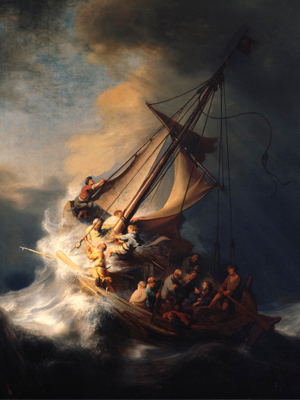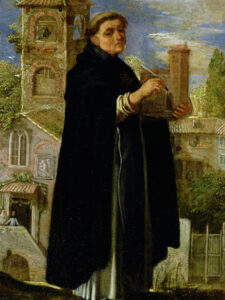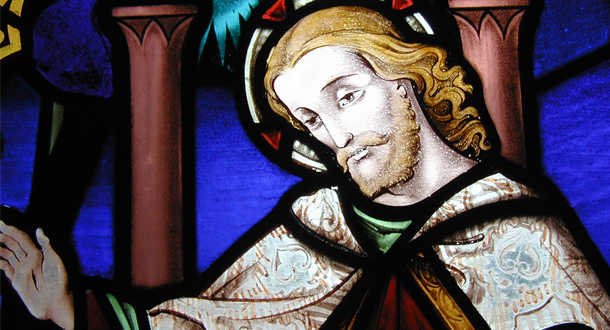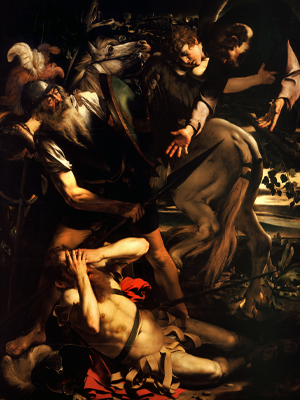Scripture:
Hebrews 11:1-2, 8-19
Mark 4:35-41
Reflection:

Today’s readings begin with a profoundly simple definition of the gift of faith: the realization of what is hoped for and evidence of things not seen. Abraham, perhaps more than any other Old Testament character, demonstrated faith throughout his life. Who among us would be willing to sacrifice our child because we had the faith that God had a purpose in His request?
Maybe the disciples would be good examples of faith since they personally witnessed Jesus’s ministry? Not so fast…
After a full day of preaching and ministering to the crowd, Jesus instructs the disciples to sail across the Sea of Galilee. He quickly falls asleep and remains asleep during a violent storm which almost sinks their boat. The disciples, including some experienced fishermen, realize the impending danger and awake Jesus, crying, “Do you not care that we are about to die?” After calming the storm, Jesus questions, or maybe rebukes, them. “Why are you terrified? Do you not yet have faith?”
Before we judge the disciples too harshly, how do we measure up to Jesus’s rebuke?
This story is a metaphor for our lives. We experience the wind and waves of personal crises: serious illnesses, relationship conflicts and failures, deaths of loved ones, financial disasters, social and political upheaval, and on and on. When the wind and waves are coming at us from all directions, we, like the disciples, may cry out, “Jesus, why are you sleeping? Do you not care that I am suffering?” We will get the same answer as the disciples, “Do you not yet have faith?”
Fortunately, God does not expect us to be perfect practitioners of faith. We are not promised a life without problems, so we will tested. We must remember when the waves are crashing around us that Jesus is right there in the boat with us.
Mike Owens is coordinator of the Passionist Alumni Association and a member of the Migration Commission of Holy Cross Province. He lives in Louisville, Kentucky.







